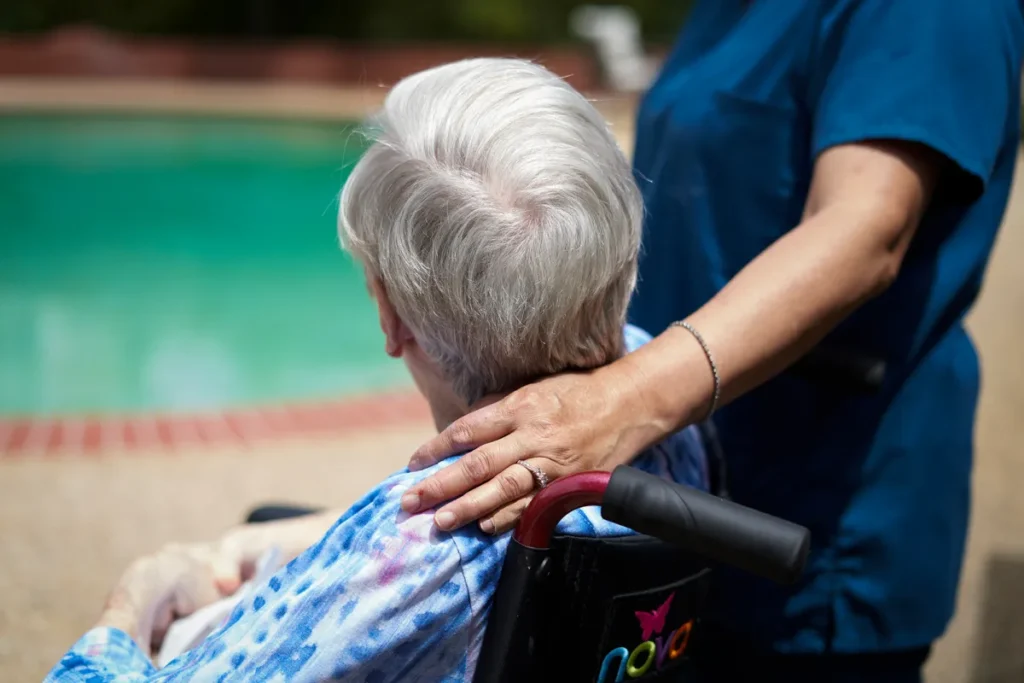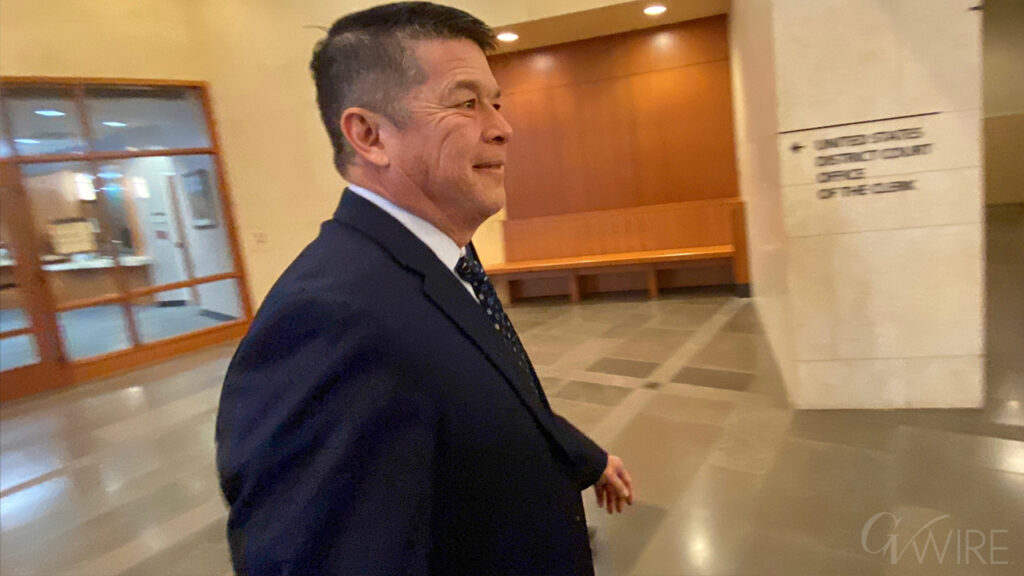U.S. President Donald Trump looks on as he sits, in the Oval Office at the White House in Washington, D.C., Sept. 19. (Reuters/Ken Cedeno)
Share
|
Getting your Trinity Audio player ready...
|
President Donald Trump is expected to give a Monday afternoon announcement linking the use of popular over-the-counter pain medication Tylenol to the development of autism during pregnancy, a claim which many doctors dispute.
According to researchers, there is no firm evidence of a link between the use of the drug and autism.
Shares of Tylenol manufacturer consumer health company Kenvue were down 5.5% in trading Monday and have lost 17% in September as reports emerged that the administration would link the drug to autism.
Speaking to reporters on Sunday night, the president said that he thinks Tylenol use is “a very big factor” in the rise of autism. The announcement could also link vaccines to the condition, Trump said.
“There’s obviously something artificial that’s really wrong, and we think we know what that is,” Trump said on Sunday.
U.S. Health Secretary Robert F. Kennedy Jr. has promised to find the cause of autism and has long suggested it is related to vaccines without scientific proof. He has also said it must be related to an environmental toxin.
Decades of Studies Have not Shown Cause of Autism
Decades of studies have yet to establish a definitive cause, but many scientists believe genetics, potentially in combination with environmental influences, play a role.
Autism is a neurological and developmental condition marked by disruptions in brain-signaling that cause people to behave, communicate, interact, and learn in atypical ways, according to the Centers for Disease Control and Prevention.
Tylenol is made by consumer health company Kenvue, which was spun out from Johnson & Johnson in 2023, and generic versions of acetaminophen are also available.
“We believe independent, sound science clearly shows that taking acetaminophen does not cause autism. We strongly disagree with any suggestion otherwise and are deeply concerned with the health risk this poses for expecting mothers,” Kenvue said in a statement.
Autism diagnoses in the United States have increased significantly since 2000, intensifying public concern. By 2020, the U.S. autism rate in 8-year-olds was 1 in 36, or 2.77%, up from 2.27% in 2018 and 0.66% in 2000, according to the CDC.
Scientists Explore Genetic Links
Many experts, including the CDC, have largely attributed the autism rate increase to widespread screening and the inclusion of a wider range of behaviors to define the condition, leading to the diagnosis of individuals with milder or more subtle signs of autism.
“RFK also falsely asserted that environmental factors are the primary cause of autism,” Autism Science Foundation President Alison Singer said in April following a Kennedy press conference asserting environmental contributors were behind the increased diagnoses.
Singer said an “overwhelming amount of evidence” points to a genetic cause and said many scientists are exploring how environmental factors may influence a person’s genetic predisposition to autism.
The U.S. National Institutes of Health plans to award $50 million in grants to study the causes of autism. Kennedy also has hired vaccine skeptic David Geier to review long-established findings about vaccine safety data at the CDC.
Geier was fined by Maryland for practicing medicine without a license and prescribing dangerous treatments to autistic children.
The Wall Street Journal and the Washington Post have both reported that the Trump administration plans to link Tylenol use to autism. They also reported that the administration will suggest leucovorin, a form of folic acid, as a pain treatment.
Anti-Vaccine Groups Have Trumpeted Tylenol Link
Children’s Health Defense, the anti-vaccine group formerly headed by Kennedy, has also focused on the link between Tylenol and autism. Brian Hooker, chief scientific officer of CHD, has said he expects Kennedy to focus on Tylenol, as well as vaccines and vaccine components.
A panel of vaccine advisers named by Kennedy considered changes to the childhood vaccine schedule last week in a two-day meeting marked by points of confusion. The committee, which advises the CDC, voted to recommend changes to how a combination measles-mumps-rubella-varicella shot is given but delayed a vote on hepatitis B shots.
The panel said it will create a working group to look at the children’s vaccine schedule.
(Reporting by Michael Erman and Julie Steenhuysen in Chicago; additional reporting by Nandita Bose in Washington D.C.; editing by Caroline Humer)



















